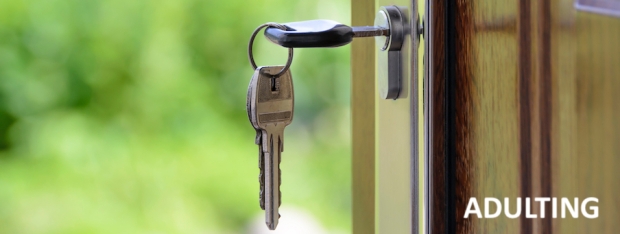
Exploring transitions of market sizes is something I’m keen to examine a bit more. The richness of capitalist market economy comes not so much from the price competition but competition along other dimensions. That actually is not that amenable to economic analysis despite all the support that traditional economic analysis had given weight to the beauty of the market economy and its efficiencies.
The innovations of the market economy actually requires dynamism rather than static equilibrium. And over the course of the so-called dynamic equilibria, there is actually some degree of disequilibria. More of our experiences are with the changing patterns such as prices, proliferation of new products and shifts in market messaging than with having clear repetitive routines.
There is to some extent a predictability around the fact that people will be fed and services will be provided without central coordination but these are just scarffolding of a much richer and vibrant structure.
So small markets becomes larger by growing in the demand base or demand groups, or when they merge into other broader base markets. These shifts reflect that even the basic fundamentals around our traditional analysis of markets should be oriented not necessarily based on demographics, a need or particular behaviours. The boundaries between markets are more fluid than we think. It takes broader thinking to be able to conquer markets from the perspective of business and to analyse them through the changing times.







